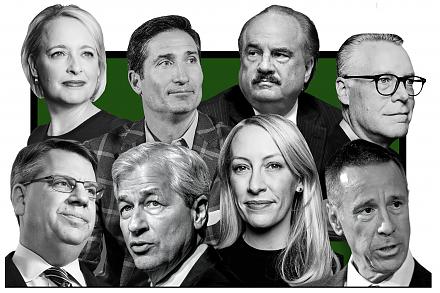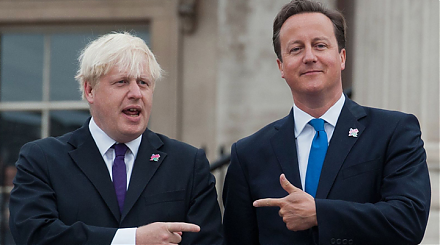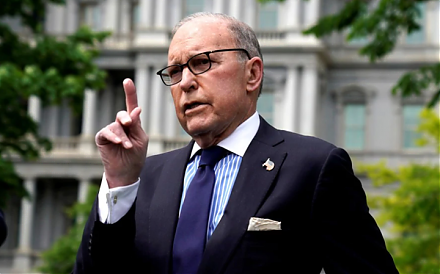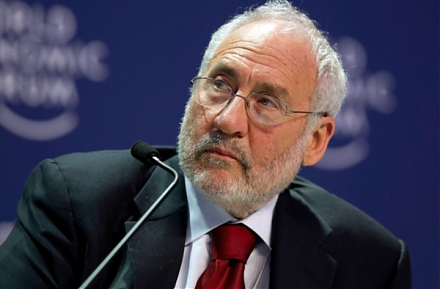

2019-06-27 10:39:00 Thu ET
treasury deficit debt employment inflation interest rate macrofinance fiscal stimulus economic growth fiscal budget public finance treasury bond treasury yield sovereign debt sovereign wealth fund tax cuts government expenditures
Berkeley tax economists Gabriel Zucman and Emmanuel Saez find fresh insights into wealth inequality in America. Their latest estimates show that the top 0.1% of U.S. taxpayers control 20% of American wealth. This result represents the highest share since 1929. The top 1% of U.S. taxpayers control 39% of American wealth, whereas, the bottom 90% of U.S. taxpayers keep only 26% of American wealth. In contrast, the bottom half of Americans collectively have a negative net worth (i.e. total liabilities exceed total assets).
Zucman further finds that multinational corporations move 40% of their $600 billion offshore profits out of high-tax countries into lower-tax jurisdictions. With their main empirical results, Saez and Zucman both champion bold and aggressive tax policy recommendations. For instance, Senator Elizabeth Warren proposes a wealth tax that would rake in $2.8 trillion over the next decade. Warren confers with Saez and Zucman again before she floats a corporate tax on net profits above $100 million. This tax may raise $1 trillion over 10 years. Further, New York congressional rep Alexandria Ocasio-Cortez proposes to hike the top marginal tax rate for Americans who earn annual income above $10 million. The Saez-Zucman empirical results lend credence to these bold tax policy proposals.
If any of our AYA Analytica financial health memos (FHM), blog posts, ebooks, newsletters, and notifications etc, or any other form of online content curation, involves potential copyright concerns, please feel free to contact us at service@ayafintech.network so that we can remove relevant content in response to any such request within a reasonable time frame.
2024-01-31 14:33:00 Wednesday ET

The new world order of trade helps accomplish non-economic policy goals such as national security and technological dominance. To the extent that freer
2020-01-08 08:25:00 Wednesday ET

Conservative Party wins the British parliamentary majority in the general election with hefty British pound appreciation. In response to this general electi
2019-08-04 08:26:00 Sunday ET

U.S. and Chinese trade negotiators hold constructive phone talks after Presidents Trump and Xi exchange reconciliatory gestures at the G20 summit in Japan.
2018-12-29 09:32:00 Saturday ET

Andy Yeh Alpha (AYA) AYA Analytica financial health memo (FHM) podcast channel on YouTube December 2018 AYA Analytica is our online regular podcast and news
2018-07-03 11:42:00 Tuesday ET

President Trump's current trade policies appear like the Reagan administration's protectionist trade policies back in the 1980s. In comparison to th
2018-03-27 07:33:00 Tuesday ET

CNBC's business anchorwoman Becky Quick interviews Nobel Laureate Joseph Stiglitz on the current trade war between America and China. As America imposes